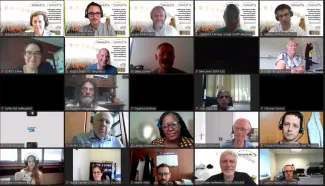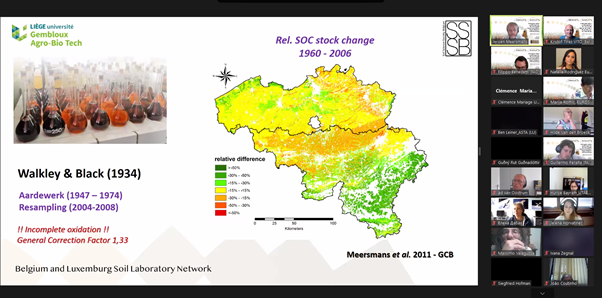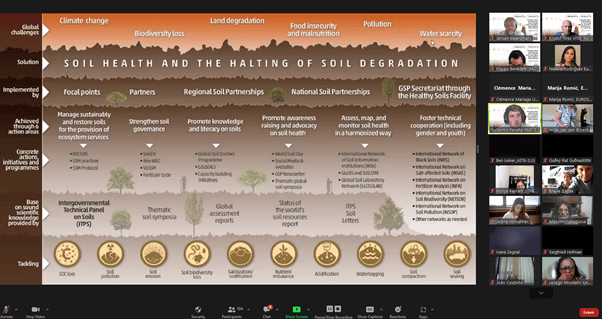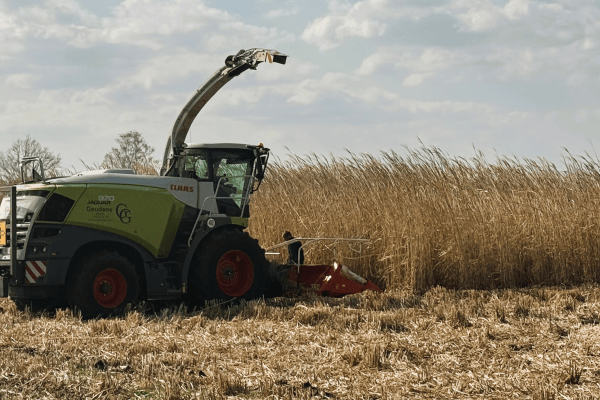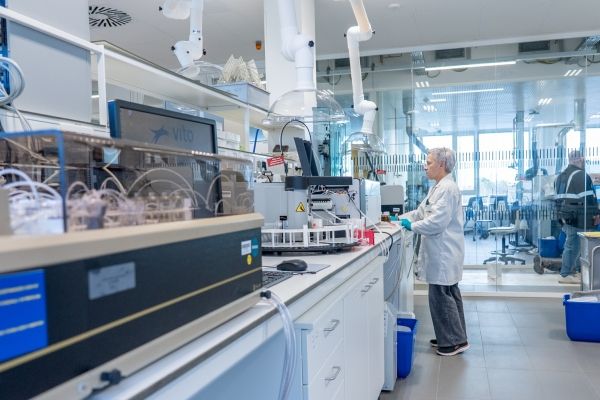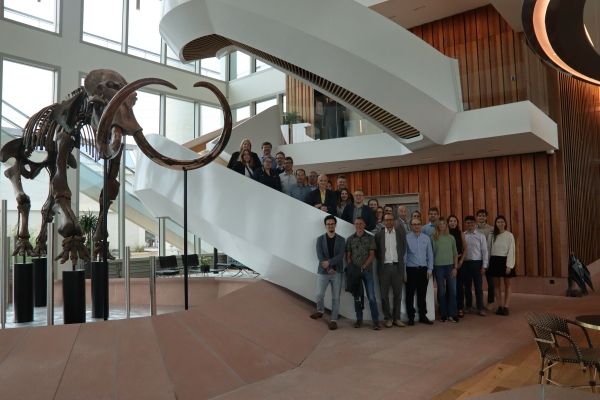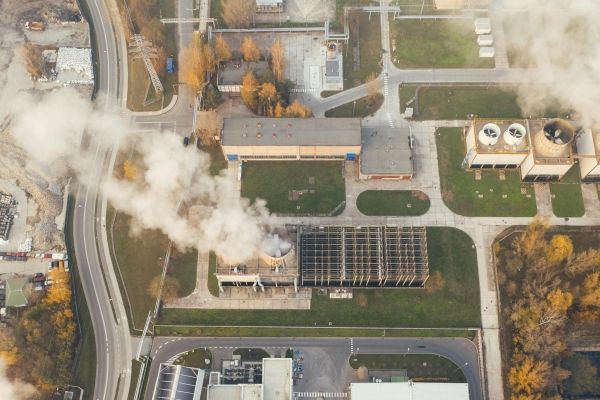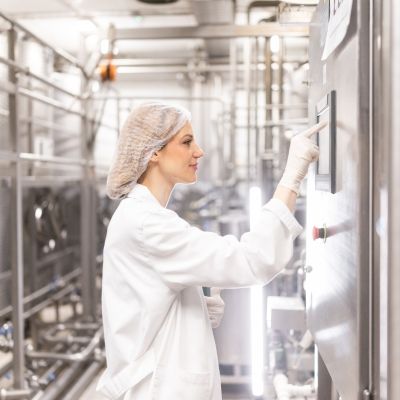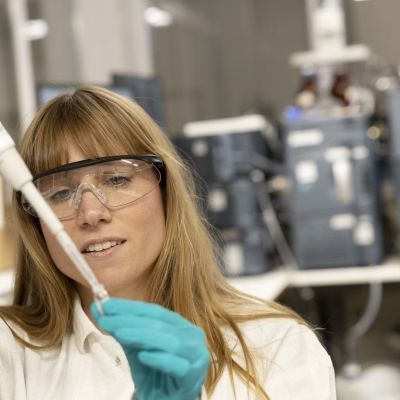VITO takes the lead in harmonization in Belgium and GHD Luxembourg of organic carbon analysis methods in soil
First webinar Belgium-Grand Duchy of Luxembourg soil laboratory network (BESOLAN) on monitoring organic carbon in soil.
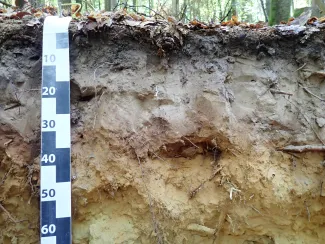
On Tuesday, 20th June 2023, BESOLAN held its very first webinar on monitoring organic carbon in soil in different Belgian regions and the Grand Duchy of Luxembourg. As the reference laboratory of Flanders, VITO has played a leading role in bringing together various experts active in Brussels, Flanders, Wallonia, and the Grand Duchy of Luxembourg in the field of soil organic carbon monitoring. This webinar is a further step towards scientific harmonization and information exchange on organic carbon analysis methods between Belgian regions and the Grand Duchy of Luxembourg. The webinar had a total of 190 participants, of which 56 were from Belgium, 23 from Luxembourg and the remainder from Eurasia.
Knowledge is power
As the Flemish reference laboratory for environmental analysis and measurements, and on behalf of the Flemish government, VITO has been closely following the developments of international and European standards for many years. The analysis methods are discussed with the laboratories recognised by the Flemish government in technical working groups and subsequently included in compendia. The compendia include the sampling and analysis methods that are mandatory under Flemish environmental legislation (Recognised laboratories | EMIS (vito.be)).
Environmental parameters are typically operationally defined, meaning that the way they are sampled and analysed can influence the final result. This certainly applies to the determination of organic carbon content in soil.
Crucial role of soil in mitigating and adapting to climate change
Organic carbon in soil (soil organic carbon or SOC) is an essential component of soil health and plays a key role in the overall behavior of soils, ecosystems, and agro-ecosystems. Increasing its content in soil improves overall soil health and fertility, resilience and sustainability of agriculture, and in turn enhances food security and nutrition for all. The role of soils and SOC in the climate system, particularly in climate change adaptation and mitigation, is widely recognised.
From the Food and Agriculture Organization of the United Nations (FAO), the first global map (GSOC map) of organic carbon stocks in soil was produced through a consultative and participatory process involving member states. It was found that sudden changes in SOC stocks coincided with national borders in this map. This could only be explained by differences in monitoring methods used by the member states.
The international demand for harmonization of environmental monitoring methods is growing
The Global Soil Laboratory Network (GLOSOLAN) was established within FAO in 2017 to build and strengthen global laboratory capacity in soil analysis and to address the need for harmonization of soil analysis data. Harmonization of methods, units, data, and information is crucial to:
- provide reliable and comparable information between countries and projects;
- enable the generation of new harmonized soil data sets;
- support evidence-based decision-making for sustainable soil management.
Global harmonization of soil analysis data is also a local necessity
"Change the world, start with yourself" and "think globally, act locally" are also true when it comes to harmonizing soil analysis data in Belgium. Since the monitoring of the environment in Belgium was devolved to the regions about 40 years ago, no structured technical collaboration was provided between the different Belgian regions, except for air quality. For other environmental matrices such as soil, water, manure, etc., the monitoring methods prescribed by the regions have been developed independently over the years, mainly based on the needs of the (various) regional environmental legislations.
o meet the need for inventory and harmonization of soil analysis methods and data, and to bring together stakeholders from Wallonia, Brussels, and Flanders in a laboratory network for information exchange, the Belgian Soil Laboratory network (BESOLAN) was established in 2021. In 2023, the BESOLAN network was further expanded to include the Grand Duchy of Luxembourg. The BESOLAN network is supported and encouraged by the Flemish government as part of its reference tasks.
The BESOLAN network is hosted by the following regional reference laboratories under the auspices of the Food and Agriculture Organization of the United Nations:
- Brussels Capital Region: Leefmilieu Brussel
- Flemish Region: VITO
- Walloon Region: Axis Exchanges Water-Soil-Plants, GxABT, University of Liège - Gembloux
- Grand Duchy of Luxembourg: Administration des services techniques de l'agriculture (Administration of Technical Agricultural Services), Soil Science Department (Service de pédologie)
